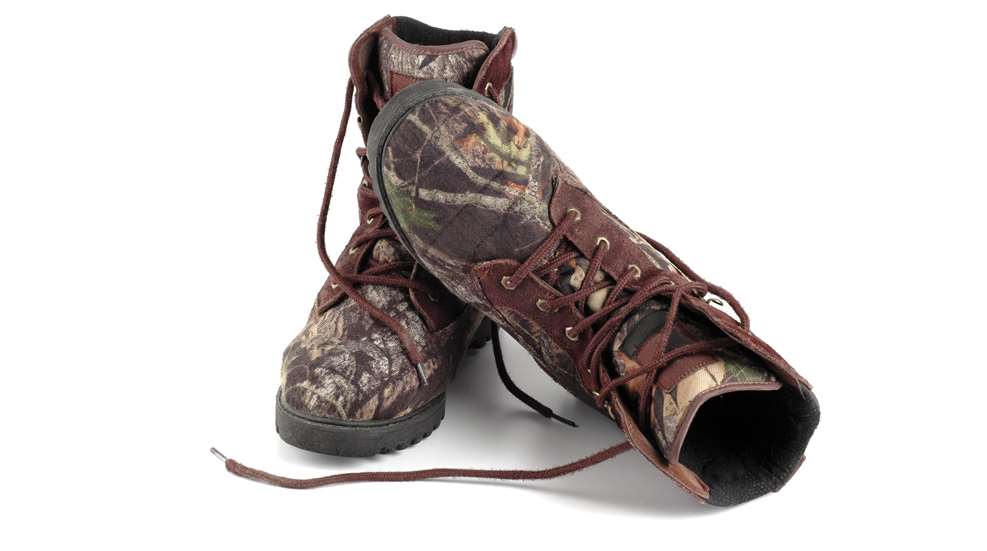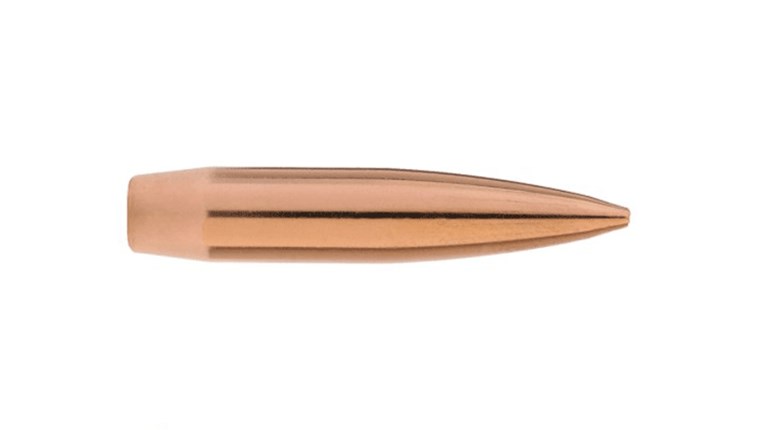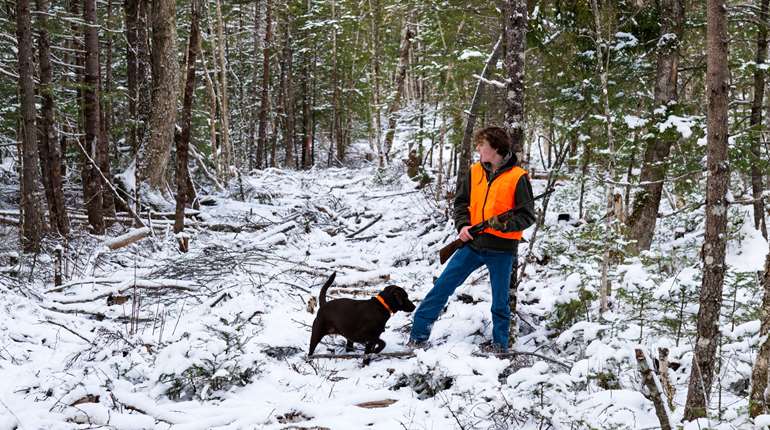
I was raised in a family of hunters but didn’t begin hunting myself until I was grown and living on my own. Most of my early hunting experiences were through my work as an outdoor writer, so I usually had a guide or a mentor along, but when you work in the industry, everyone assumes you already know stuff that, frankly, no one had ever really taught me. I figured it all out on my own as I went along through a series of mistakes and regrets, but the path could have been smoother if I had really understood these six things.
1. Any legal deer is a good deer. Hunting magazines and TV shows would have you believe that everyone shoots 10-point bucks every season, but it just isn’t so. I held out for a shooter buck on so many hunts when a small legal buck or a doe would have filled my freezer and offered me the experience I was after.
This goes for turkeys and elk and bear and all sorts of other game animals, too, but the pressure to pass on everything that’s not “trophy quality” by TV standards is particularly prevalent among whitetail hunters. I wish I had not been misled by that pressure and had just enjoyed shooting whatever legal deer gave me opportunities when I was new. Have you heard the expression, “Never pass on the first day what you’d be happy with on the last day?” It’s wise advice.
2. Shooting in the field is miles away from shooting at a bench. Anyone can shoot well from a bench with almost zero practice. But conditions will almost never be bench-perfect in the field, and no one told me how to shoot from crunched-up, hunkered-over, twisted field positions off my knee or a tree branch or even shooting sticks. It’s a totally different skill set, and when you add any sort of distance to the equation, field shooting becomes even more complicated. I wish I had spent more time practicing from field positions and less time drilling bull’s-eyes from the bench when I was starting out. I can recall more than one animal I missed because I wasn’t as good of a shot as I thought I was. Speaking of…
3. Everyone misses, but that doesn’t make it suck less. If you haven’t missed a big-game animal, you haven’t been hunting long enough. It happens to all of us eventually, and it big-time sucks when it happens to you. You’ll think about it for days, analyzing what you might have done wrong to cause it and just hoping against hope that it was a clean miss. I’m still haunted by the memory of a bear I missed many years ago and think about it regularly.
The other thing I didn’t fully realize was that when it comes to wingshooting, misses are normal and expected. I remember how embarrassed I was on my first dove hunt to walk back with a box of empty shells and just a couple of birds to show for it—only to discover that all the hunters in my party were in the same boat. It was normal!
4. Dressing for the cold is a science. Man, I absolutely froze my butt off on my first few deer and duck hunts before I figured out how to dress properly. Even wearing tons of layers didn’t help me, because my layers were mostly cotton, and I had worked up a sweat on the hike into the blind. If you’re wearing cotton close to or next to your skin and you get the slightest bit sweaty, your day is ruined.
I finally got some decent base layers and invested in some quality hunting clothing made of wool and synthetics, and it’s amazing the difference it made in my ability to stay warm and stay on stand longer. I hadn’t wanted to spend the money on good hunting clothes, but my frugality cost me some really miserable days in the woods and on the water until I coughed up the cash for some middle-of-the-road, quality gear.
5. Field dressing and butchering doesn’t have to be intimidating. Someone else gutted, skinned and butchered my first few deer for me, and they were all so good at it that I was sure I would make a huge mess if I ever had to do it myself. And I kind of did, but so what? Field dressing really isn’t that complicated—“just get the insides on the outside,” a friend once told me. Some ways of accomplishing that are cleaner than others, so take care not to puncture the stomach or bladder, but in the end, you’re really just getting everything out.
Butchering is the same. Some ways of doing it result in prettier, fancier cuts, and you’ll get better at it the more you do it, but really, you’re just getting all the meat off that you can. If you bugger up the roasts a little bit because you weren’t sure where to slide your knife, who cares? Throw it in the grind pile. There’s no real wrong way to do it—just keep on cutting meat off the bones until you’ve gotten it all. And on the subject of meat…
6. Cooking wild game has a learning curve. Venison is not beef, and wild turkey is not domestic turkey, etc. etc. While you can definitely substitute wild game in many of your favorite traditional recipes, you might need to adjust the cooking time or method in order to avoid drying out the meat or overcooking certain parts. Wild game in general tends to be much leaner than domestic meats. For example, ground venison will stick to the pan when you brown it if you don’t scrape carefully or add a bit of fat to keep things from sticking.
I had the worst time trying to learn how to cool wild duck. I’m still not great at it, to tell you the truth, but I finally learned that you have to eat duck while it’s still red or purple inside (rare or medium rare). If you go past that point, when the meat turns brown or gray, the flavor profile changes dramatically, and not for the better.
A wild game cookbook or two can get you off on the right foot, and you’ll soon figure out what works and what doesn’t, but just keep in mind that even great cooks take some time to adjust to cooking wild game properly.
Bonus tips I wish I’d known: Buy your boots a size larger than you normally wear (air in the toe box keeps you warmer!), put a sling on every hunting gun, headlamps are better than flashlights, pack more snacks than you think you’ll need, and don’t forget the toilet paper!















































